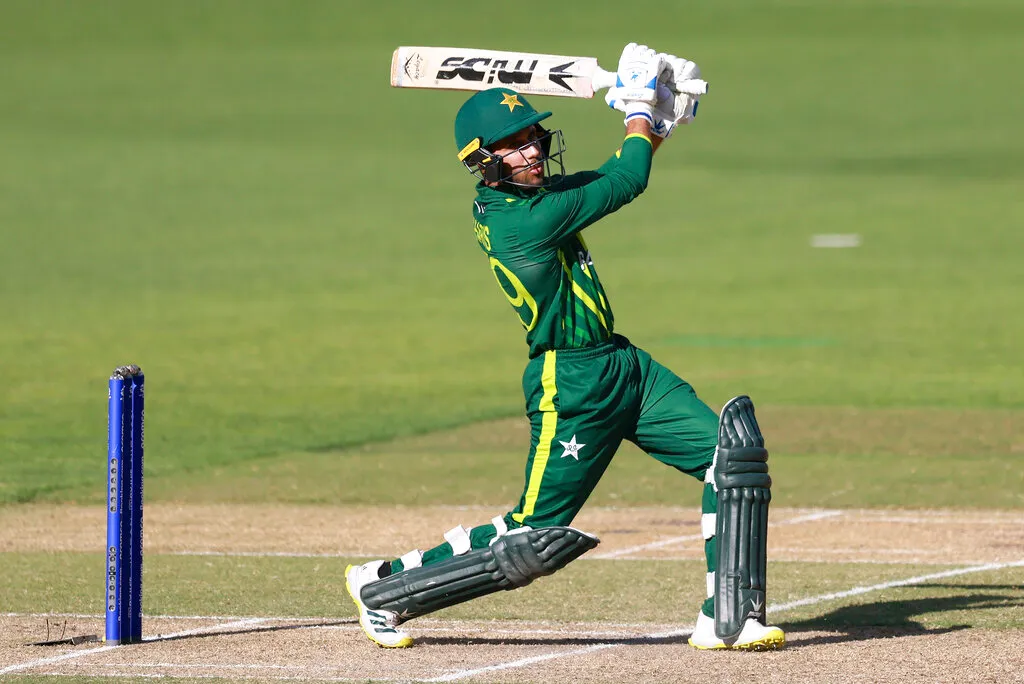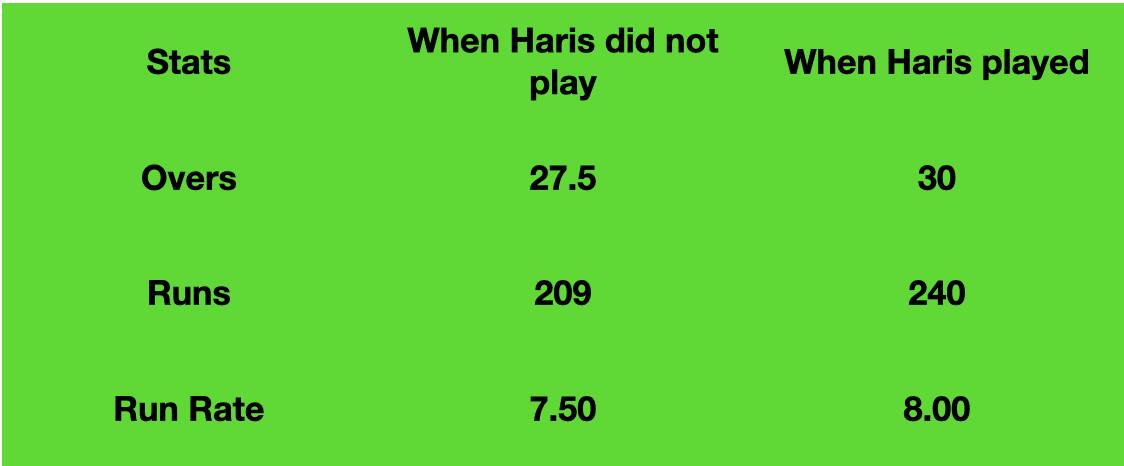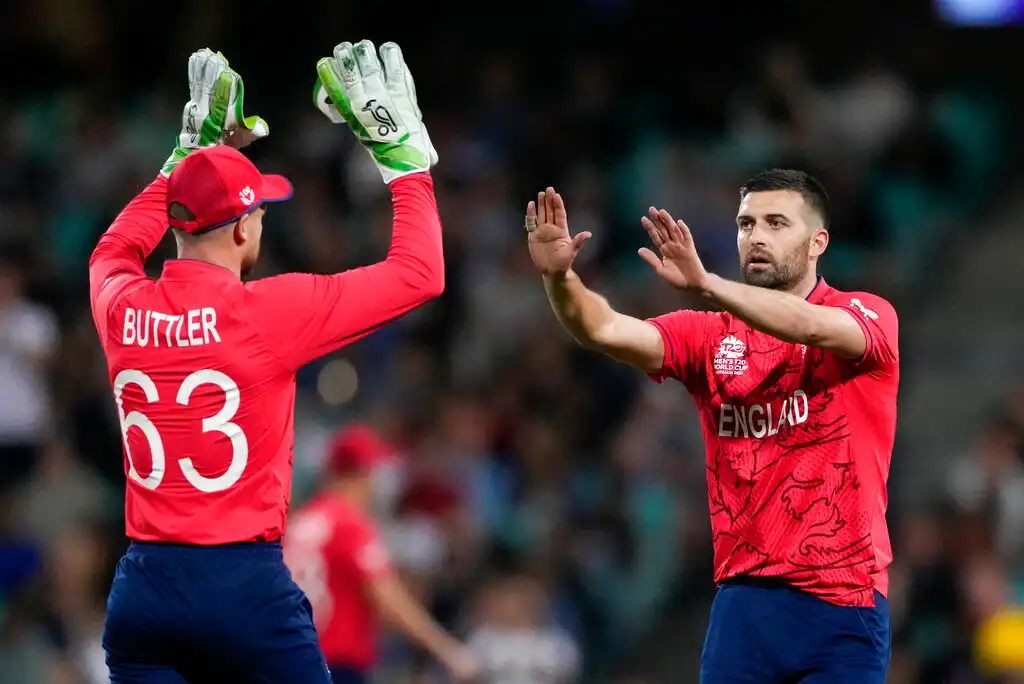 Mohammad Haris (Source: AP Newsroom)
Mohammad Haris (Source: AP Newsroom)
Pakistan have beaten New Zealand in the first semi-final of the ICC T20 World Cup 2022 to become the first finalists of this edition of the tournament. However, this did not look the most likely result after Babar Azam's contingent lost their first two matches against India and Zimbabwe.
Pakistan won their first match in the third outing of the tournament against the Netherlands. It was an easy task for the team in the match, and after that Mohammad Haris was drafted in to replace the inured Fakhar Zaman.
He was brought in and sent at number 3 by the team management. The young 21-year-old played a fiery knock of 28 runs from 11 balls and gave the momentum to the team in which they rode and won the match.
Pakistan's blessing in disguise
Haris's contributions might not have been big, but they have been effective. A look into the middle over run rates in his presence and absence would give us a good idea of how effective the youngster has been.
 Comparison of Pakistan's batting in middle overs in ICC T20 World Cup 2022
Comparison of Pakistan's batting in middle overs in ICC T20 World Cup 2022
A shift in run rate of 0.50 really turns out to be a contributing factor. It is not the mere number that shifted, it brought a change in the approach of how Pakistan was playing the game.
Since, Mohammad Haris has joined the team, Pakistan has looked a much more positive team. Iftikhar Ahmed and Shan Masood were contributing but the explosiveness or batting with proper intent was missing in the Pakistan middle-overs. Haris has brought in that change.
His numbers in this World Cup look like:
Innings: 3 Runs: 89 Avg: 29.67 Strike Rate: 161.82
As Haris's individual numbers show his ability to bat at a strike rate of over 150, has really injected the much required positivity and intent into the Pakistan batting.
Seeing the effect Haris has had we can say that the injury of Fakhar Zaman turned out to be a blessing in disguise for Pakistan.
Also Read: T20 World Cup 2022: Will India opt for a 'Horses for courses' approach?



.jpg?type=mq)
